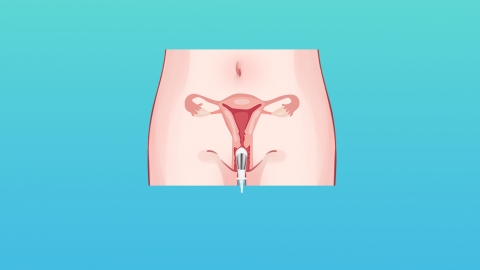Can pelvic fluid accumulation cause frequent urination?
Generally, whether pelvic effusion causes frequent urination depends on the volume and location of the fluid. Small amounts of physiological effusion usually do not lead to frequent urination; however, when the volume is large or the location is specific, it may compress the bladder and cause urinary frequency. Detailed analysis is as follows:

If the pelvic effusion is physiological—small in amount and located at the lowest point of the pelvis—and does not compress surrounding organs, it will not affect the bladder's ability to store or expel urine, and thus will not cause symptoms of urinary frequency. Such effusions are typically absorbed spontaneously and require no special treatment.
If the pelvic effusion is substantial in volume or caused by pathological factors such as pelvic inflammatory disease or pelvic tumors, the fluid may compress the bladder, reducing its capacity and leading to symptoms such as frequent urination and urgency. This may be accompanied by discomfort such as abdominal pain and a sensation of heaviness in the lower abdomen. Treating the underlying condition is necessary to relieve these symptoms.
In daily life, maintaining genital hygiene, avoiding unhygienic sexual practices, and reducing the risk of pelvic infections are important. If urinary frequency occurs along with pelvic discomfort, the nature and cause of the effusion should be promptly evaluated. A light diet with reduced intake of spicy and irritating foods, regular作息 (sleep patterns), and enhanced physical immunity can help prevent the development and progression of pathological effusions.





